T4K3.news
Foreign ministers condemn Gaza City plan
Germany, Italy, the United Kingdom, Australia and New Zealand call for end to the war and safe aid delivery
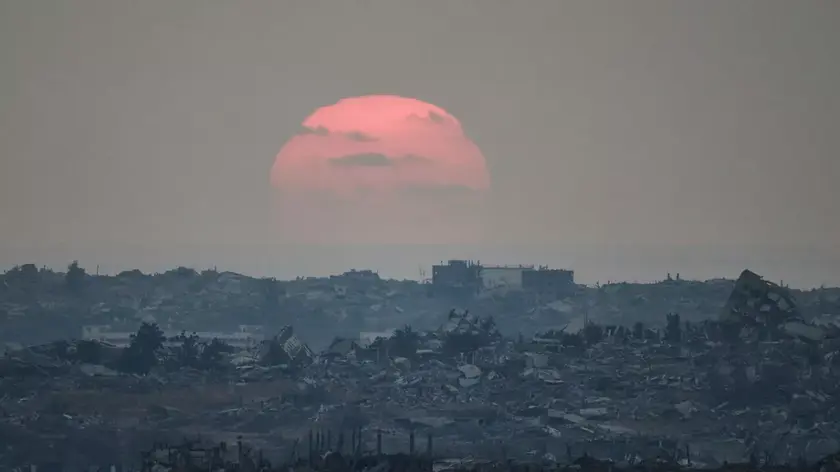
Five ministers warn that the Gaza City takeover plan could deepen a humanitarian crisis and endanger hostages.
Five Foreign Ministers Condemn Israel Plan to Seize Gaza City
Five foreign ministers from Germany, Italy, the United Kingdom, Australia and New Zealand issued a joint statement condemning Israel's announced plan to expand control in Gaza City. They argue the move would worsen the humanitarian crisis, endanger hostages, and risk mass displacement. The ministers also said that any annexation or settlement extension violates international law and called for an immediate end to the war. The statement comes as Israel discusses broader aims in Gaza and as aid drops and relief routes remain under heavy restrictions.
The plan prompted reactions from the United Nations and other allies. The UN Secretary General expressed grave alarm while the Security Council rearranged an emergency meeting. Germany said it would pause certain arms exports to Gaza until further notice, and aid groups noted that air drops may not reach all civilians, with large quantities lost at sea or redirected to unsafe zones. Hamas rejected the expansion plan, while families of hostages and international observers pressed for a ceasefire and the safe return of captives.
Key Takeaways
"All of Israel wants a comprehensive deal and an end to the war"
Statement from Einav Zangauker, mother of a hostage
"Any attempts at annexation or of settlement extension violate international law"
Line from the joint ministerial statement
"Expanding of aggression against our Palestinian people will not be a walk in the park"
Hamas response to the plan
"The Secretary General is gravely alarmed by the decision of the Israeli government to take control of Gaza City"
UN reaction to the plan
The joint statement shows how international diplomacy tries to slow a fast moving crisis. It also reflects a widening rift between security minded governments and humanitarian concerns. The clash between short term security goals and civilian protection tests the credibility of allies who have backed Israel in the past.
Looking ahead, diplomacy will hinge on credible ceasefire proposals, verified hostage releases, and real access for relief. If aid remains blocked or diverted, the risk is not only more deaths but a deeper political backlash at home for leaders who signal support for Israel while worrying about civilians. The coming days will reveal whether international pressure can shape a course away from mass suffering or simply solidify a fragile status quo.
Highlights
- Diplomacy must outrun a plan that risks mass displacement
- Civilians deserve safety not a political calculation
- Aid is life in Gaza not a political tool
- The world waits for a real pause in fighting
Political and humanitarian risk from Gaza City plan
The plan heightens the risk of conflict escalation and increases civilian suffering. International backlash could affect alliances and aid flows, while domestic politics in several countries may constrain diplomatic options.
Diplomacy remains the only way to protect civilians amid growing anger and pain.
Enjoyed this? Let your friends know!
Related News
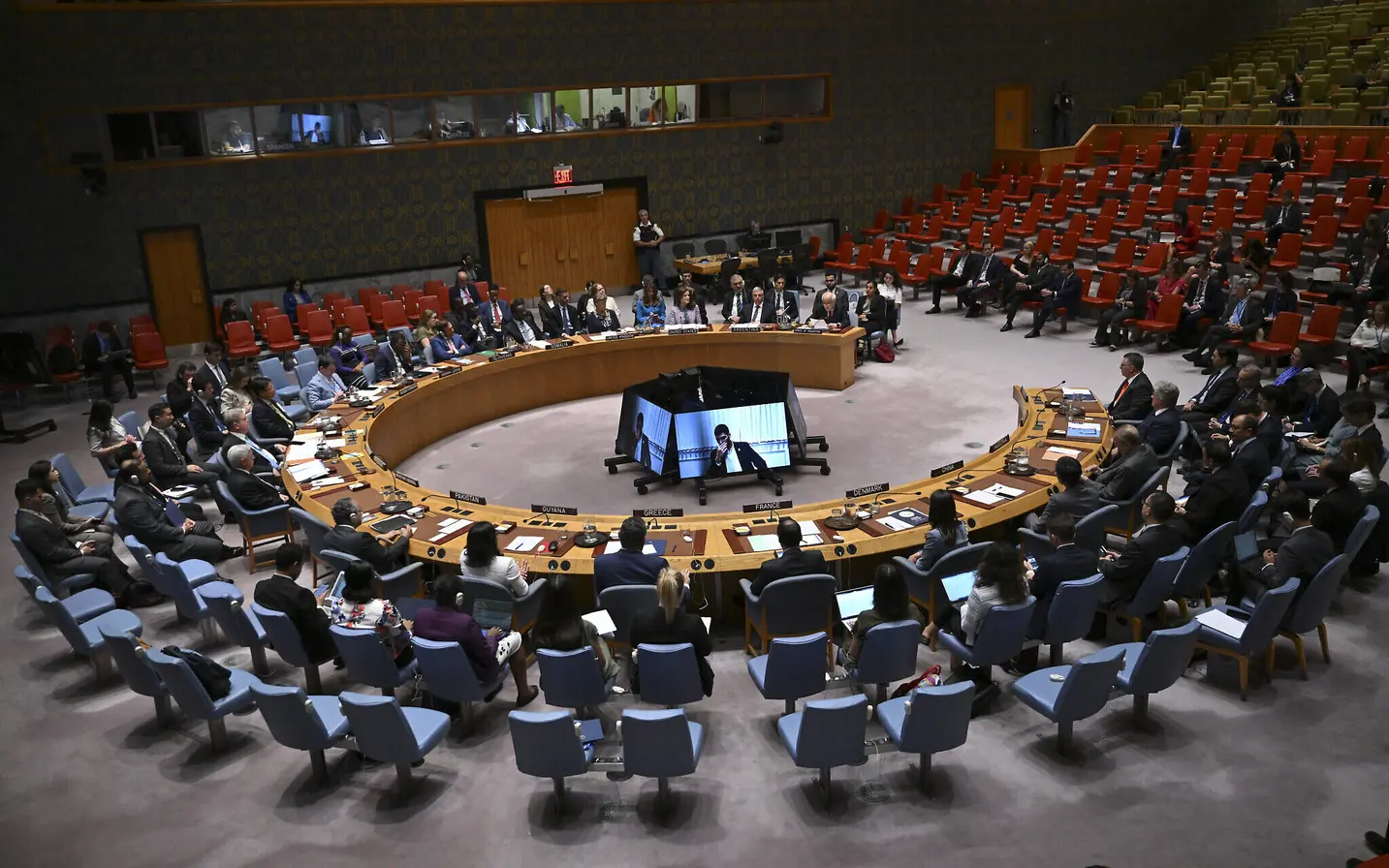
Israel Gaza City plan draws global condemnation
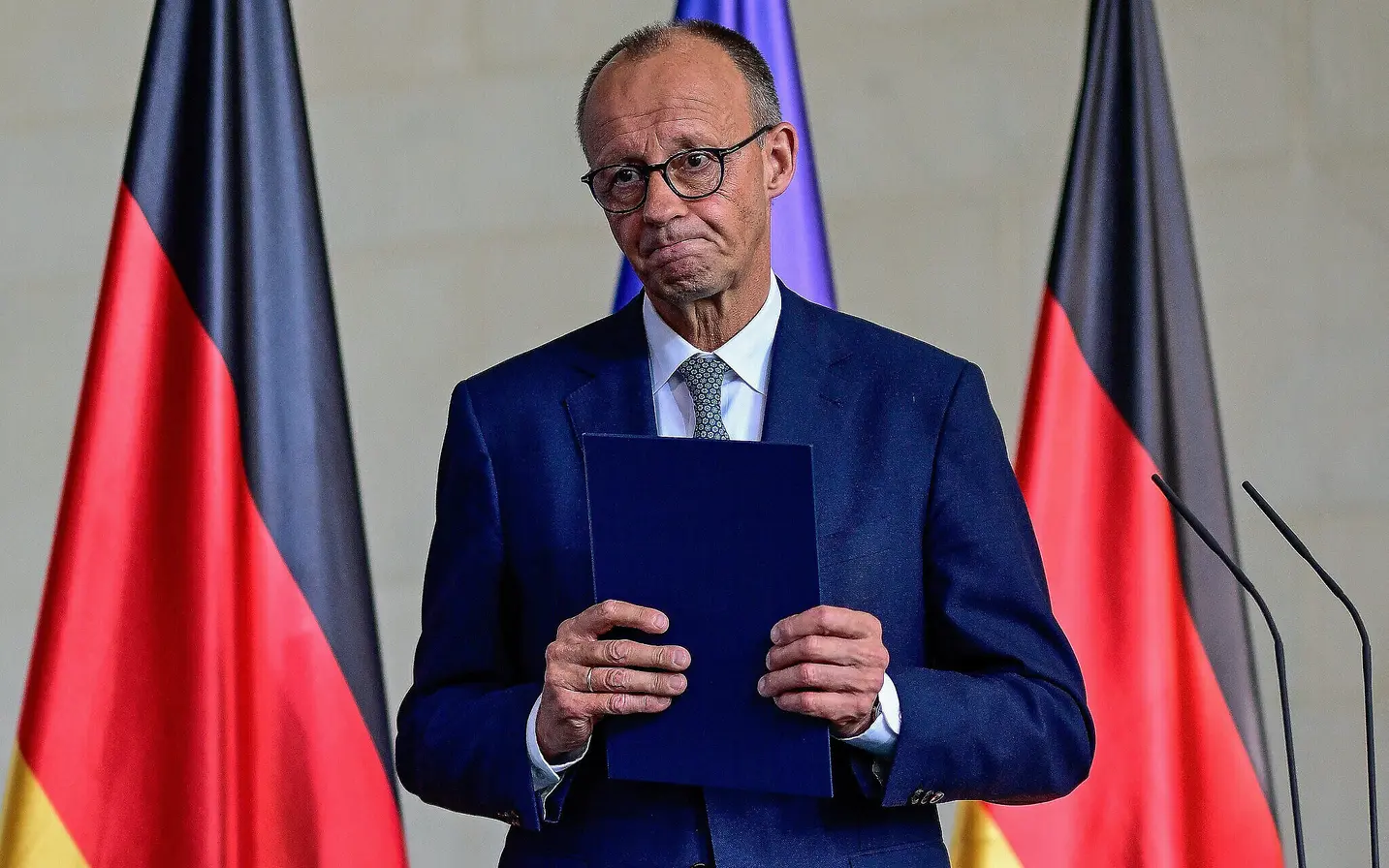
Germany suspends arms exports to Israel over Gaza plan
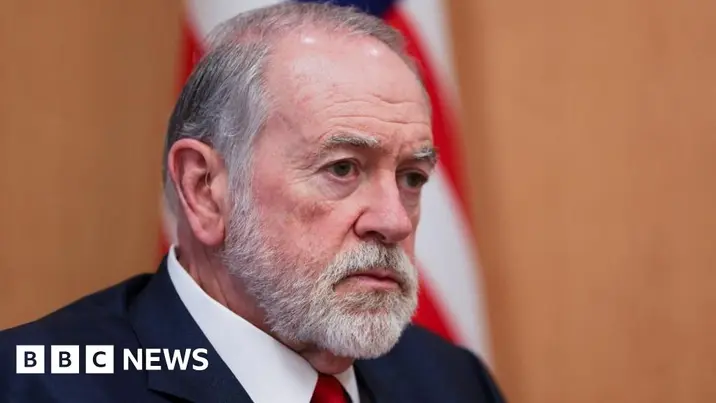
US envoy challenges UK stance on Gaza plan
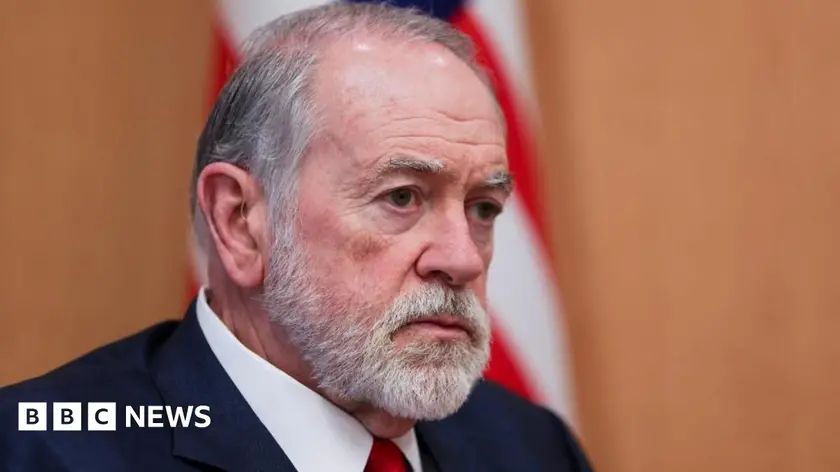
Huckabee comment on Starmer and Gaza plan

Australia sets September for Palestinian state recognition
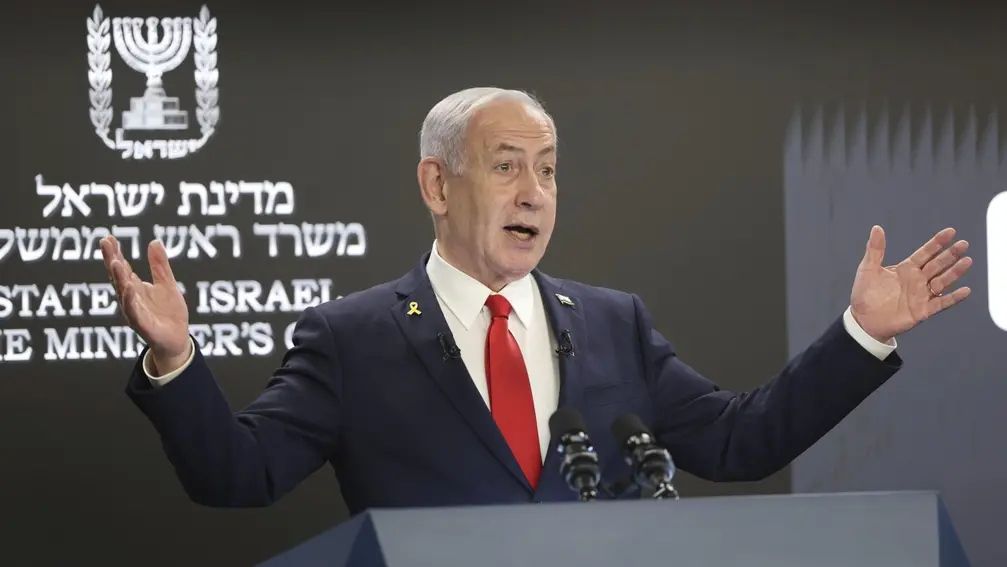
Gaza offensive defended by Netanyahu
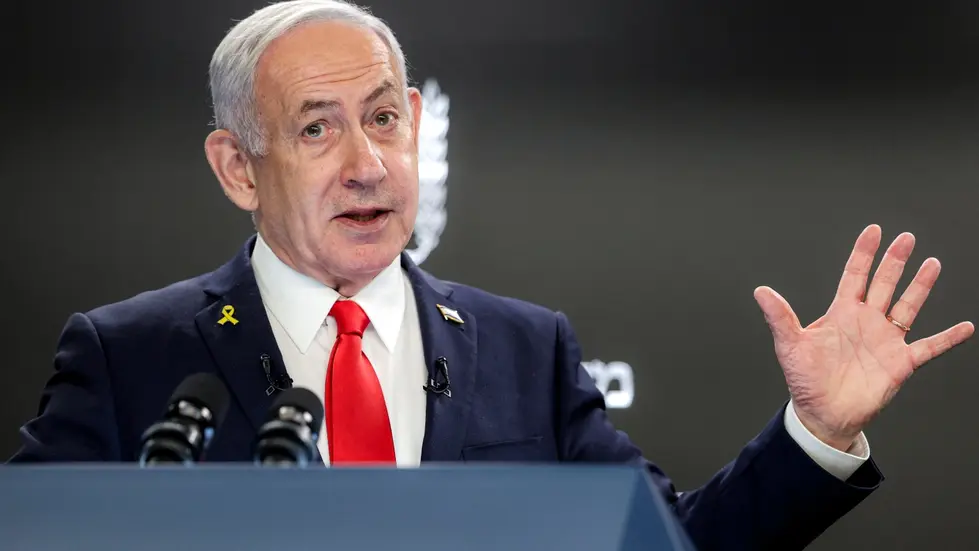
Gaza City plan faces global backlash

Gaza faces severe starvation crisis
